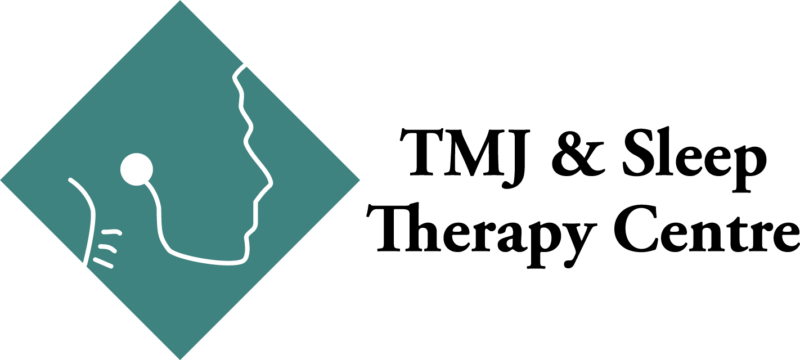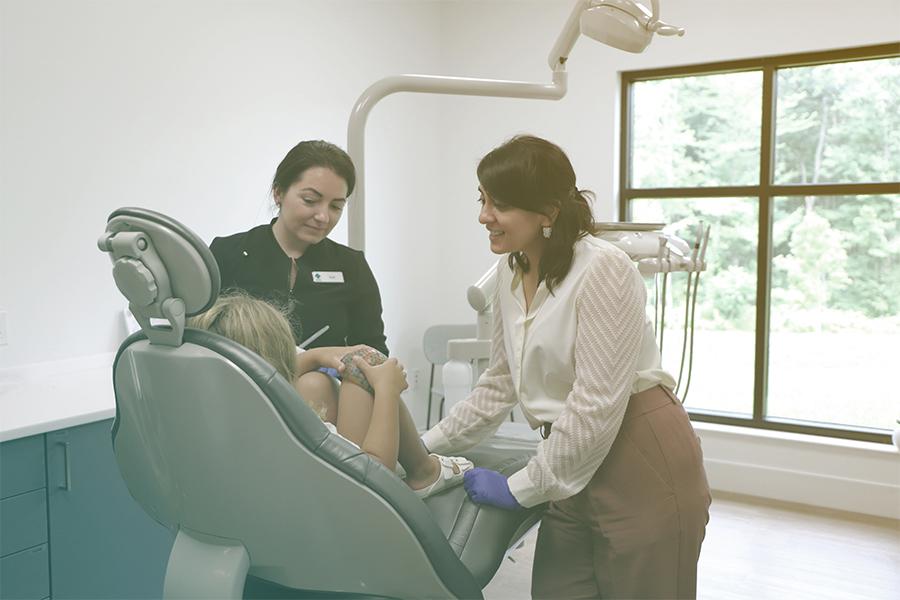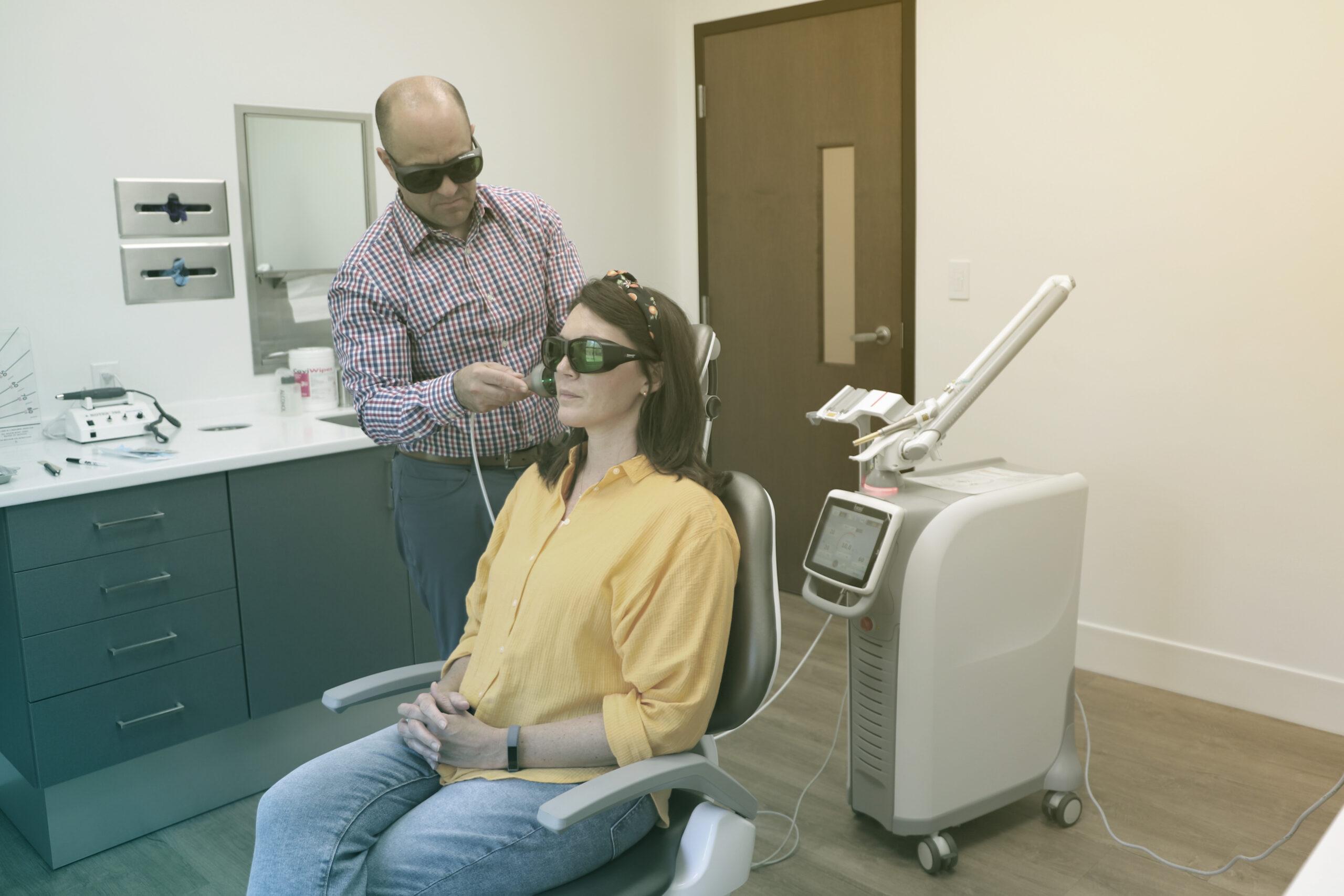Orthotic Devices & Appliances
Many terms have been used to describe “‘oral appliances” over the years. These include orthotics, splints, mouthguards, biteguards, repositioning appliances, snoring/sleep apnea devices and bite planes. Outlining the differences and indications can get confusing. Once your diagnosis and treatment plan are confirmed, you’ll know exactly what you are a candidate for to maximize your success.
Night Appliance
Customized orthotic worn while sleeping made to an orthopedic stable position to treat TMD problems, clenching, grinding, and collapse of the airway. In some cases, it can be used in place of CPAP or in conjunction with CPAP.
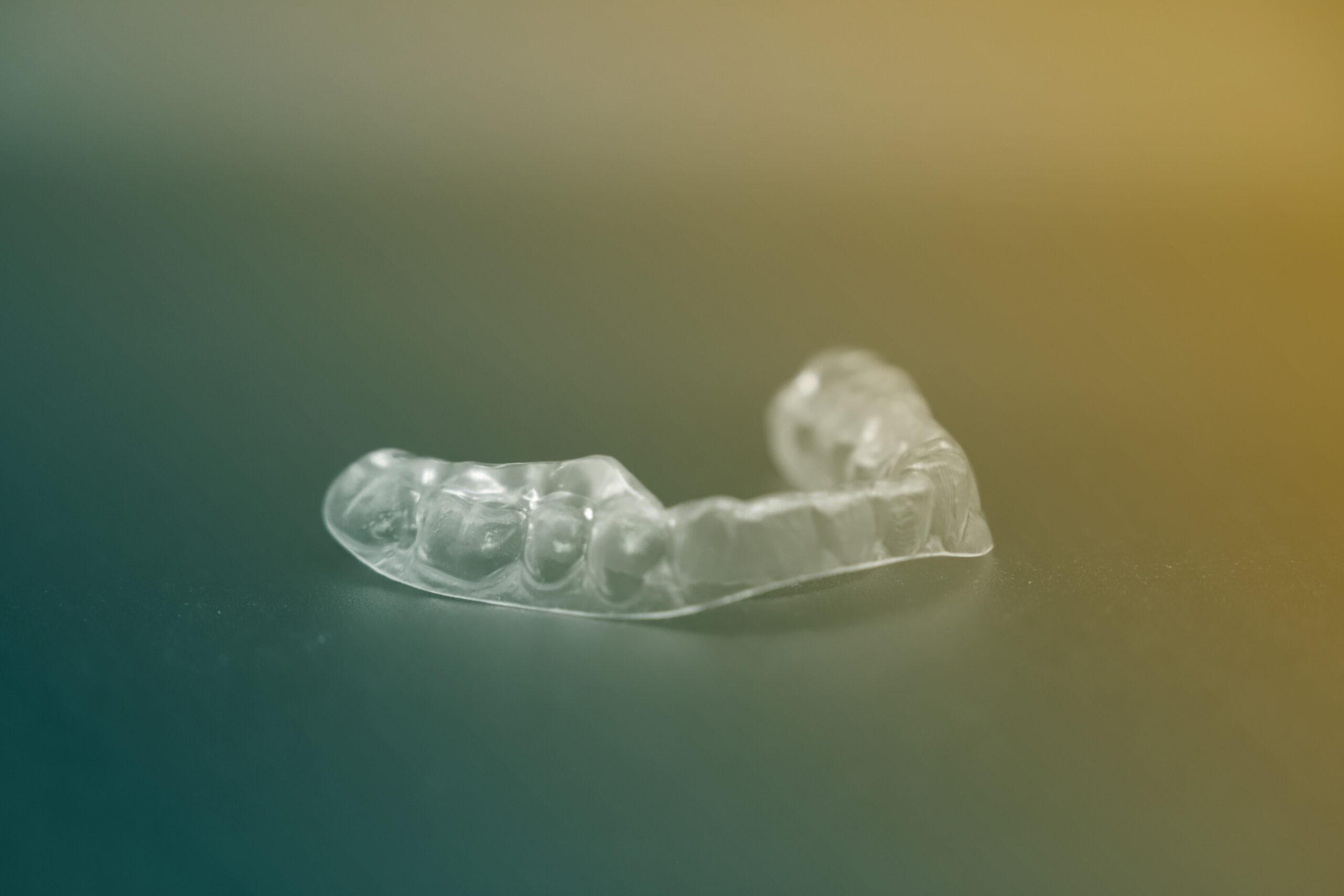
Day Appliance
Customized orthotic worn during the day made to an orthopedic stable position. Commonly this is worn while eating to give stability to the joints when they have the most force, during chewing. These can be used to treat TMD problems.
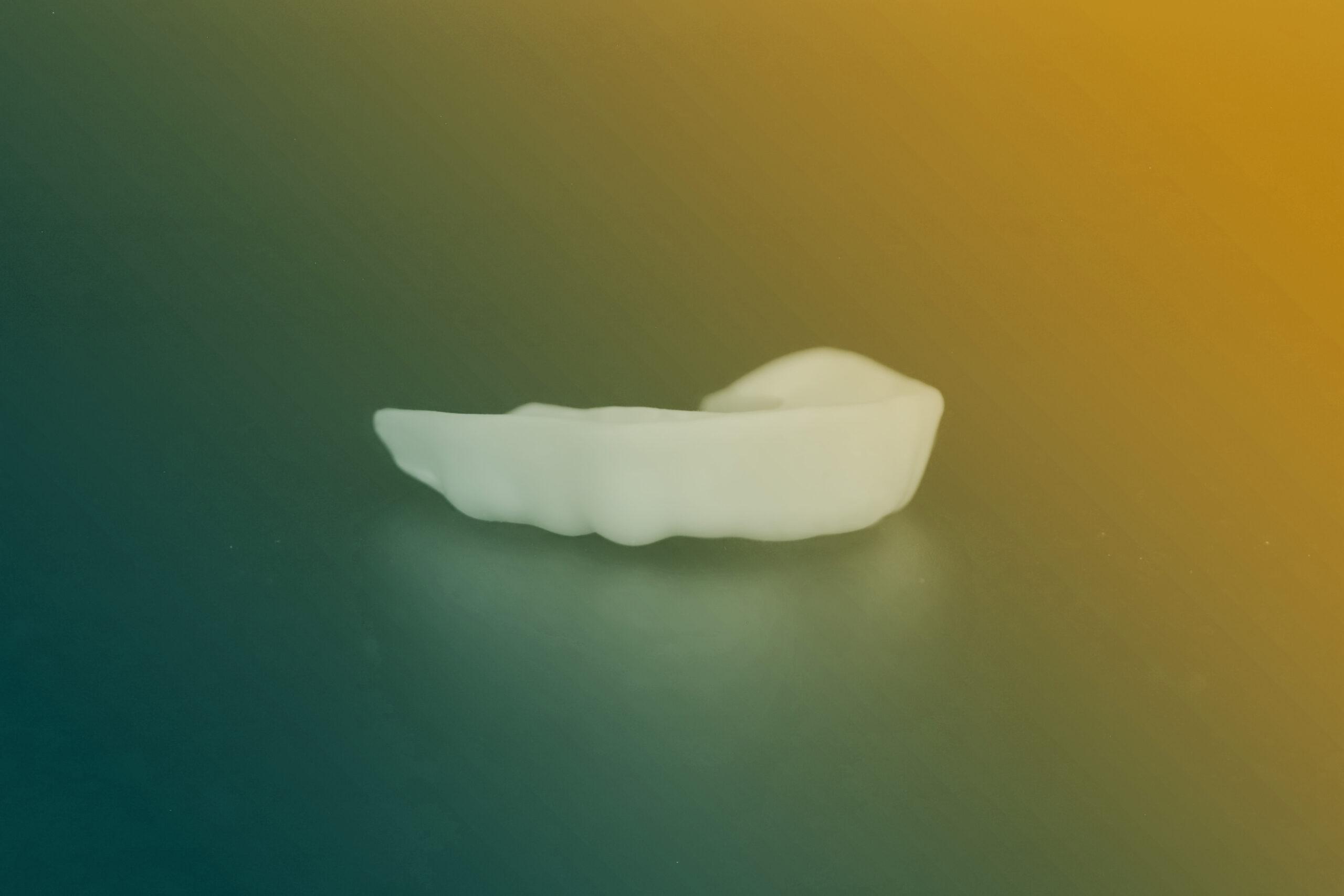
Mouthguard
Custom Mouthguards/Sportguards are used for contact sports. These are not indicated to treat TMD problems or clenching/grinding (AKA bruxism). These are fabricated to maximize strength and optimize breathing. The technique Dr. Klauer utilizes has benefited many athletes over the years. This skill set has been well-received by the Sports Medicine Department at The University Notre Dame, as we’ve been their sole provider of custom mouthguards/sports guards for the past 8 years.
